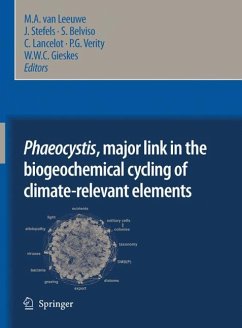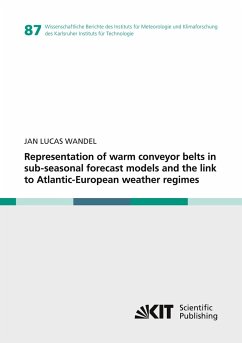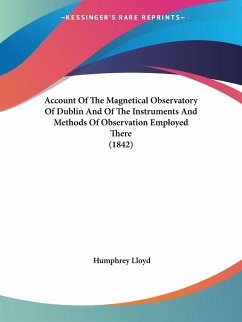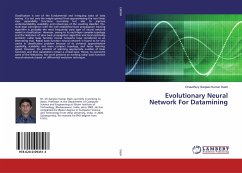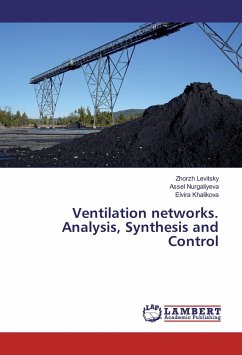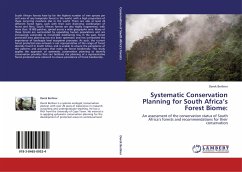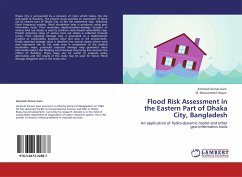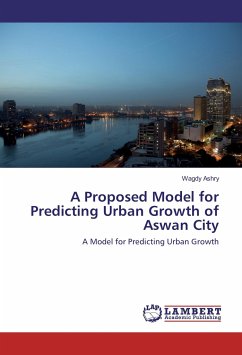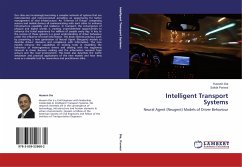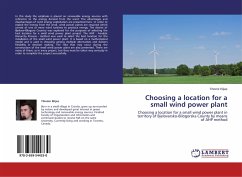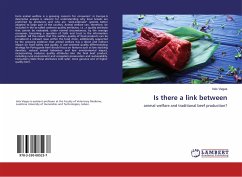
Is there a link between
animal welfare and traditional beef production?
Versandkostenfrei!
Versandfertig in 6-10 Tagen
24,99 €
inkl. MwSt.

PAYBACK Punkte
12 °P sammeln!
Farm animal welfare is a growing concern for consumers' in Europe.A descriptive analysis is relevant for understanding why local breeds are preferred by producers and why are "semi-extensive" systems better adapted to large part of the country. Animal welfare can, therefore, be included in the so-called credence quality attributes, i.e., a quality attribute that cannot be evaluated, under normal circumstances, by the average consumer, becoming a question of faith and trust in the information provided. All this means that the welfare quality of food products can be considered a relevant issue w...
Farm animal welfare is a growing concern for consumers' in Europe.A descriptive analysis is relevant for understanding why local breeds are preferred by producers and why are "semi-extensive" systems better adapted to large part of the country. Animal welfare can, therefore, be included in the so-called credence quality attributes, i.e., a quality attribute that cannot be evaluated, under normal circumstances, by the average consumer, becoming a question of faith and trust in the information provided. All this means that the welfare quality of food products can be considered a relevant issue within the food chain, additionally supported by the growing evidence that animal welfare has a direct and indirect impact on food safety and quality. A user-oriented quality differentiating strategy for Portuguese beef should focus on features such as low stocking densities, natural animal behaviour and low environmental impact, incorporating credence quality attributes into the final beef product, including rural environment and ecosystem preservation and sustainability. Consumers relate these attributes with safer, more genuine and of higher quality beef.



